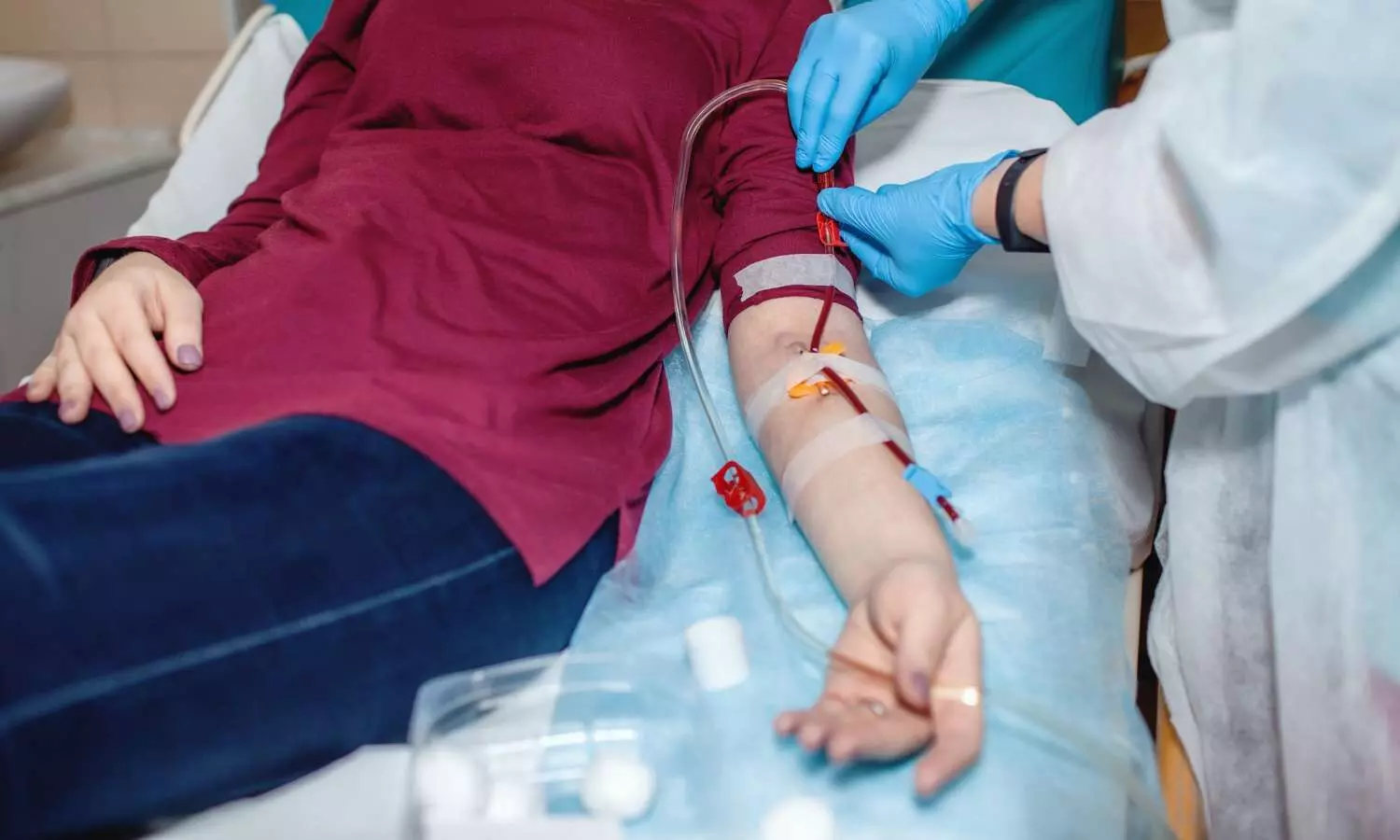J&K: Dialysis Centres to be set up at 11 SDHs, CHCs

Ganderbal: In a move to address the healthcare challenges faced by kidney patients, the Health Department of Jammu and Kashmir is set to establish a dialysis centre at the Sub-District Hospital (SDH) Kangan, located in the central Kashmir’s Ganderbal district.
According to officials, SDH Kangan is one of 11 health facilities across Kashmir where the Directorate of Health Services Kashmir (DHSK) has planned to establish dialysis centres. The project aims to provide convenience to the kidney patients. Following this, the Directorate has already written to the Chief Engineer of the Mechanical Engineering Department Kashmir to prepare detailed estimates for the installation of the dialysis centres. This includes the installation of essential infrastructure like water loops, storage systems, transfer pumps, electrical backups with stabilizers, and other allied works.
Also Read: Safdarjung hospital launches new haemodialysis centre for better dialysis
The Chief Engineer has been asked to submit the estimates within seven days in consultation with the respective Block Medical Officers to expedite the approval process. This move is expected to speed up the setup of the dialysis unit. In addition to SDH Kangan, the 11 health facilities identified for the establishment of dialysis centres include SDH Dooru in Anantnag; CHC Pattan and CHC Chandoosa in Baramulla; CHC Chaar-e-Shareef, CHC Nagam, and CHC Pakherpora in Budgam; SDH Kralpora in Kupwara; SDH DH Pora in Kulgam; SDH Zainapora in Shopian; and SDH Tral in Pulwama.
As per the recent media report in Greater Kashmir, member of the Legislative Assembly Kangan Mian Mehar Ali has expressed gratitude to the Secretary of Health and Medical Education department and Director of Health Services Kashmir for starting the process of establishing a dialysis center in SDH Kangan. He said this will enable the patients to receive required treatment without any hardship.
Currently, patients requiring dialysis face immense hardships due to the unavailability of such centres in many parts of the region. As a result, most patients often have to travel for hours, incur travel costs, and lose wages, which has led to financial strain for their families.
Moreover, a patient from Kangan mentioned that, in the absence of a government-run facility in such areas, patients are forced to seek treatment at private dialysis centres, which involve high costs, adding significant financial strain to their already challenging medical conditions. This decentralization of dialysis services will not only improve access to care but also help reduce the patient load in tertiary hospitals in larger cities.



